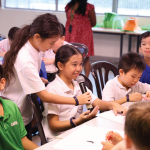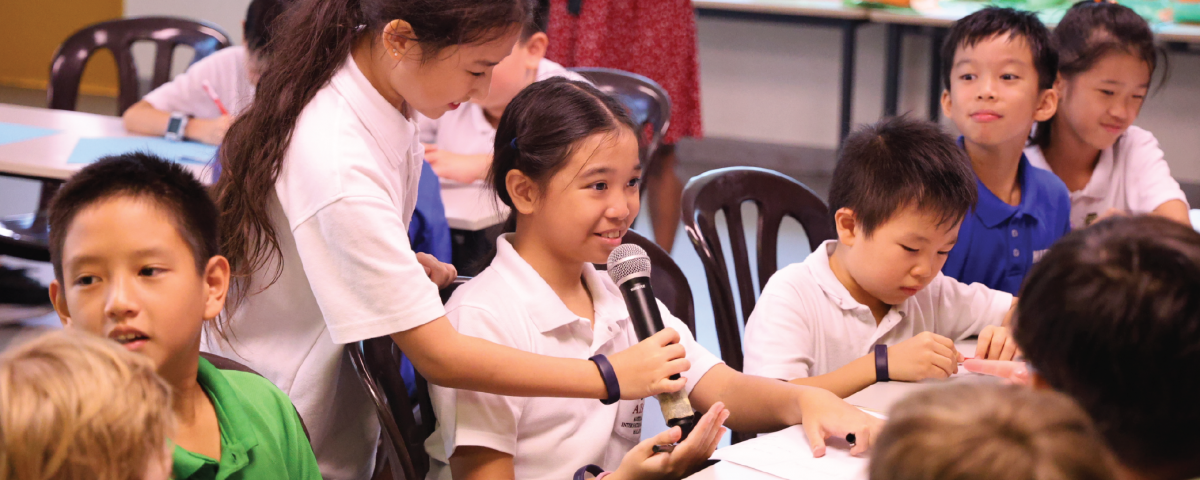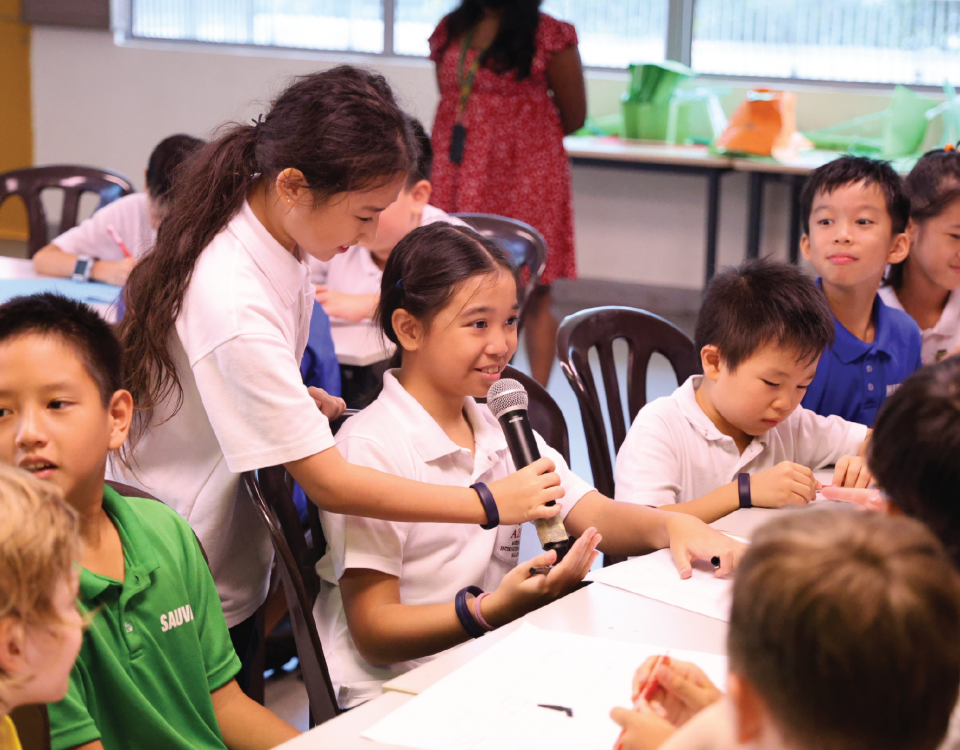
How To Stay Safe Online: AISM’s Digital Literacy Guide for Students
15 Jul 2024
AISM Mathematicians Dominate World Competitions
12 Sep 2024In this guide, we will explore the significance of emotional well-being in a child's development, effective strategies for fostering emotional health, and initiatives taken by AISM to support emotional well-being in students
Understanding Emotional Health
What is emotional health or emotional well-being? It refers to an individual's capacity to recognize, express, and manage their emotions, both positive and negative. It plays a crucial role in a child's growth, enabling them to establish relationships, cope with stress, and navigate challenges effectively.
Active & Reflective Listening
Fostering emotional health starts at home, where parents can cultivate it through active listening. By attentively listening, showing empathy, and understanding their child's feelings without judgment, parents can create a safe space for open communication and support during difficult times.
Coping Strategies for Stress and Anxiety
Parents can teach their children healthy coping mechanisms to manage stress and anxiety. Encouraging open dialogue about emotions, breaking down challenges into smaller steps, and promoting resilience and adaptability help children develop the skills needed to thrive in various situations.
AISM Initiatives:

RUOK Day:
AISM celebrates "RUOK Day" annually to promote open conversations about mental health and encourage reflective listening to show empathy and understanding towards others. During RUOK Day last year, we highlighted the importance of reflective listening, which involves actively listening and paraphrasing to show empathy and understanding. Most people, especially children, often want their feelings to be heard and acknowledged rather than given advice.

Just15
AISM encourages students to dedicate 15 minutes daily to activities they enjoy, fostering emotional well-being and self-care. This can be anything - whether it be knitting, running, dancing, reading, or even just talking to friends! We aim to help them enrich their physical and mental health by taking action and making time for the things they love.

Balancing Academic and Emotional Growth
AISM prioritises holistic development, offering Circle Time sessions and Mindfulness Practitioners to support students' emotional well-being alongside academic excellence. That’s why we strive to create an educational environment that not only challenges students academically but also supports their well-being. Our weekly Circle Time sessions and Certified Mindfulness Practitioners empower our students to lead meaningful and fulfilling lives by cultivating what is best within them and developing a sense of optimism towards life.

Care:Mvmt
AISM champions the Care Movement to instil principles in our learners centred around three main pillars: Caring for Self, Caring for Others, and Caring for the World. This is because we believe that every member of our learning community can make a meaningful contribution in their own unique way.
Community Engagement and Support
Parents are encouraged to actively engage in their child's educational journey through involvement, such as through our Parent Teacher Community events, meetings, and committee roles within the school community. Building a supportive network with other parents can provide guidance and encouragement in supporting children's emotional well-being.
By prioritising emotional well-being, parents can create a nurturing environment that fosters children's emotional health and resilience. Through proactive strategies and support from educational institutions like AISM, children can thrive both academically and emotionally. For more information about AISM's educational services, visit the AISM website today.
Together, let's continue to empower children to achieve success and well-being in their educational journey.






